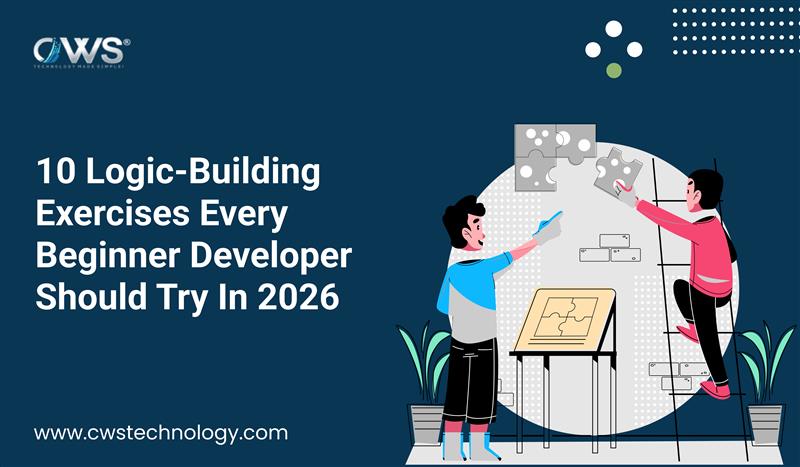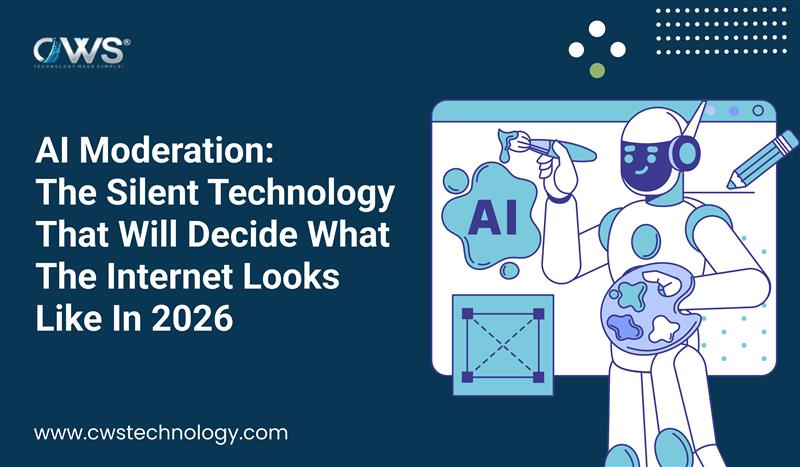The Comfort Trap
Imagine a team sitting in a meeting room. A client briefly lands on the table, and instead of brainstorming, discussing, or bouncing ideas off one another, someone quickly says: “Let’s ask ChatGPT.”
Within seconds, the AI delivers polished suggestions. The team nods, relieved that the work is moving faster. But slowly—without anyone noticing—something crucial slips away: their own thinking.
This is the silent problem with teams that over-rely on ChatGPT. It’s not dramatic, like a system crash or a failed project. It’s subtle, almost invisible at first. But over time, it reshapes how people work, create, and connect.
At CWS Technology, we’ve seen both sides of this coin. Used wisely, ChatGPT is a brilliant accelerator. Misused, it creates dependency that quietly erodes a team’s greatest strength—human intelligence.
1. Critical Thinking: The Muscle That Weakens Without Use
Think of critical thinking as a muscle. The more you use it—questioning, analyzing, debating—the stronger it gets. The less you use it, the weaker it becomes.
When teams start leaning too much on ChatGPT, they risk outsourcing this muscle. Why wrestle with a problem when AI hands you a neat solution in seconds? But here’s the danger:
- Decisions get made without deep evaluation.
- Mistakes slip through because nobody challenged the output.
- Problem-solving becomes surface-level instead of strategic.
It’s like relying on a calculator for simple math—you get the right answer, but you lose the confidence to solve it yourself.
2. Creativity: When Originality Turns Predictable
Creativity isn’t just about producing content or ideas. It’s about surprise. It’s the weird joke in a meeting that sparks a campaign idea, or the late-night “what if” moment that shapes a new product.
ChatGPT is excellent at generating content, but it draws from patterns. That means its ideas are often safe, polished, and predictable. If teams depend on it too heavily:
- Their brand voice starts to sound generic.
- Brainstorming feels repetitive instead of electric.
- Innovation slows, because AI isn’t pushing boundaries—it’s reflecting what already exists.
True creativity lives in human quirks, emotions, and imperfections—things AI can mimic but never own.
3. Collaboration: From Conversation to Transaction
Teamwork has always been about more than just dividing tasks. It’s about connection, learning from each other, and building trust through dialogue.
But over-reliance on ChatGPT can quietly turn collaboration transactional:
- Instead of discussing a problem, teams wait for AI to answer.
- Instead of debating ideas, they just choose whichever response looks best.
- Instead of bonding over the creative process, they rely on a digital middleman.
What gets lost is the spark of human collaboration—the laughter, the disagreements, the “aha” moments. These aren’t just nice-to-haves; they’re the foundation of resilient, innovative teams.
4. The Hidden Risks: Ethics, Security, and Blind Spots
There’s another layer to this dependency that many teams overlook. ChatGPT doesn’t understand your company values, your client relationships, or the cultural nuances of your market. It simply produces text.
Teams that lean too heavily on it may accidentally:
- Share sensitive or confidential data in prompts.
- Adopt suggestions that clash with compliance or ethics.
- Miss cultural cues that a human would instantly recognize.
AI can assist, but it cannot carry the weight of accountability. That still rests firmly with us.
5. The Balance: Humans First, AI Second
At CWS Technology, we don’t view ChatGPT as the enemy. Far from it. We use it, respect it, and encourage teams to embrace it. But we also teach one critical principle: AI should amplify human intelligence, not replace it.
The healthiest approach we’ve found is:
- Start with people. Use AI as a tool after discussion, not before.
- Question everything. Don’t accept outputs blindly; challenge them.
- Keep creativity human. Let AI help polish, but let ideas be born from people.
- Protect your data. Never input information that compromises security.
The most powerful teams are those that use AI as an assistant—not a crutch.
Don’t Let the Silent Problem Steal Your Edge
The risk with ChatGPT isn’t obvious. It won’t break your systems or derail your projects overnight. Instead, it quietly chips away at the things that make teams extraordinary—critical thinking, creativity, collaboration, and judgment.
The future doesn’t belong to teams that outsource everything to AI. It belongs to those that strike balance. To those that let humans dream, argue, create, and imagine—while letting AI accelerate the execution.
At CWS Technology, we believe the human touch is irreplaceable. AI may write the words, but only people give them meaning.








